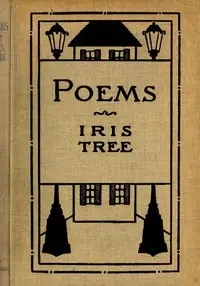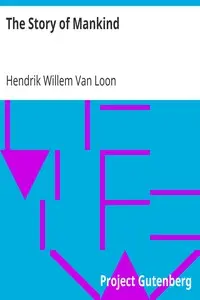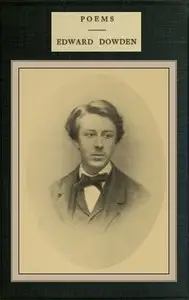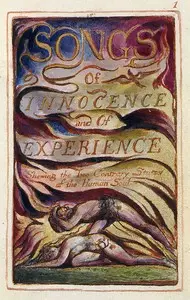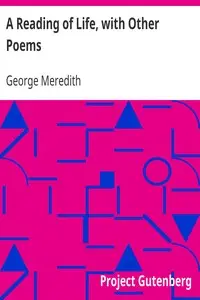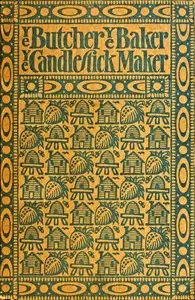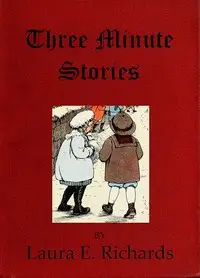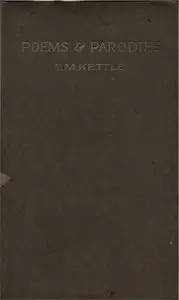"The Ascent of Man" by Mathilde Blind is a collection of poems dating back to the late 1800s that examine the complexities of life. Exploring the highs and lows of being alive, the work uses descriptive language to look at the evolution of people. It explores deep feelings, how we connect with the natural world, and big ideas about love and death. The opening sets a hopeful tone, encouraging readers to explore the best and worst parts of life. The poems then paint a picture of humanity’s beginnings, showing how we came from chaos, and how love, survival, and conflict shaped us. Blind's careful word choices show life’s struggles set against the beauty of nature. This invites readers to think about how humanity has grown and changed in many ways.
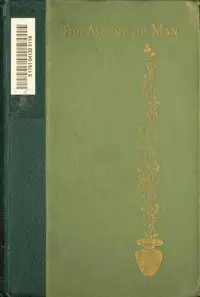
The Ascent of Man
By Mathilde Blind
Experience a lyrical journey through humanity’s origins, exploring the raw struggles and triumphs that define our existence.
Summary
About the AuthorMathilde Blind, was a German-born English poet, fiction writer, biographer, essayist and critic. In the early 1870s she emerged as a pioneering female aesthete in a mostly male community of artists and writers. By the late 1880s she had become prominent among New Woman writers such as Vernon Lee, Amy Levy, Mona Caird, Olive Schreiner, Rosamund Marriott Watson, and Katharine Tynan. She was praised by Algernon Charles Swinburne, William Michael Rossetti, Amy Levy, Edith Nesbit, Arthur Symons and Arnold Bennett. Her much-discussed poem The Ascent of Man presents a distinctly feminist response to the Darwinian theory of evolution.
Mathilde Blind, was a German-born English poet, fiction writer, biographer, essayist and critic. In the early 1870s she emerged as a pioneering female aesthete in a mostly male community of artists and writers. By the late 1880s she had become prominent among New Woman writers such as Vernon Lee, Amy Levy, Mona Caird, Olive Schreiner, Rosamund Marriott Watson, and Katharine Tynan. She was praised by Algernon Charles Swinburne, William Michael Rossetti, Amy Levy, Edith Nesbit, Arthur Symons and Arnold Bennett. Her much-discussed poem The Ascent of Man presents a distinctly feminist response to the Darwinian theory of evolution.

